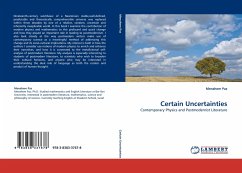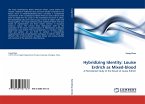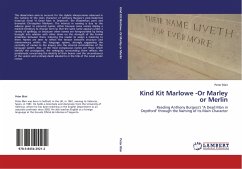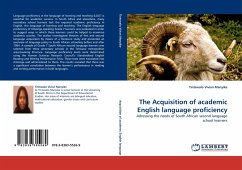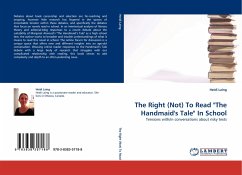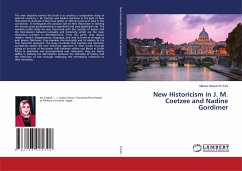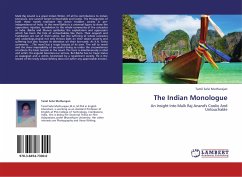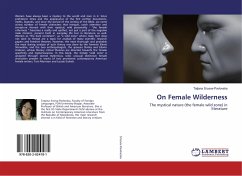Nineteenth-century worldview of a Newtonian stable,well-defined, predictable and theoretically comprehensible universe was replaced within three decades by one of a relative, random, uncertain and inherently inexplicable world. In this book I examine the contribution of modern physics and mathematics to this profound and quick change and how they played an important role in leading to postmodernism. I also look closely at the way postmodern writers make use of contemporary science as a meaningful method of addressing this change and its socio-cultural implications. My interest is both in how the authors I consider use notions of modern physics to enrich and enhance their narratives, and how it is connected to the metafictional self-analysis of postmodern literature. My analysis is especially interesting to students of postmodern literature, to scientists who wish to broaden their cultural horizons, and anyone who may be interested in understanding the dual role of language as both the creator and product of human thought.
Hinweis: Dieser Artikel kann nur an eine deutsche Lieferadresse ausgeliefert werden.
Hinweis: Dieser Artikel kann nur an eine deutsche Lieferadresse ausgeliefert werden.

